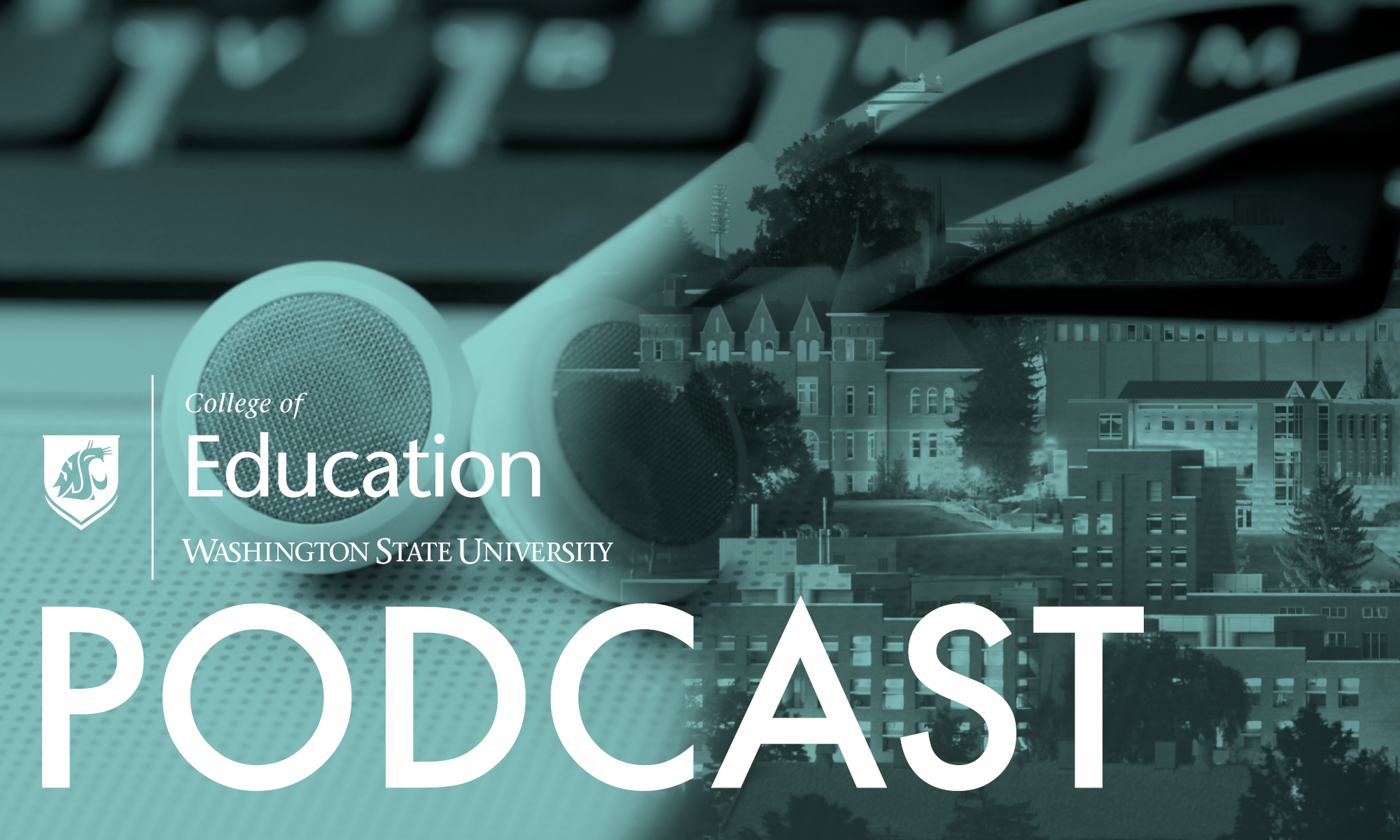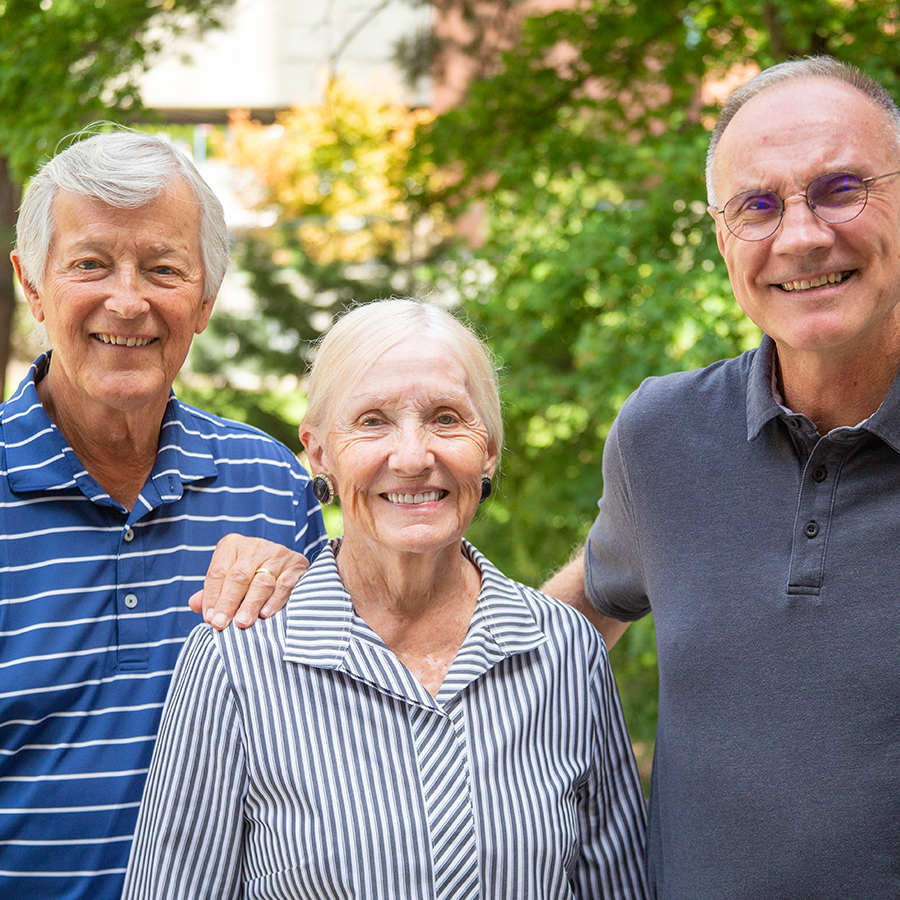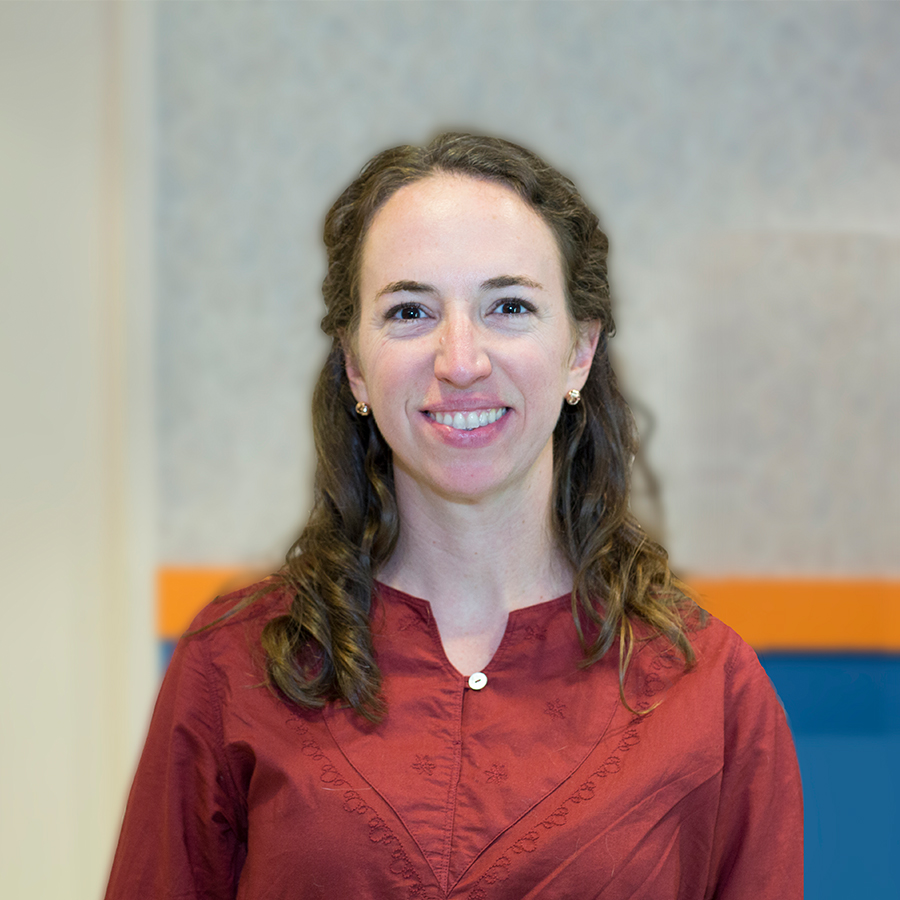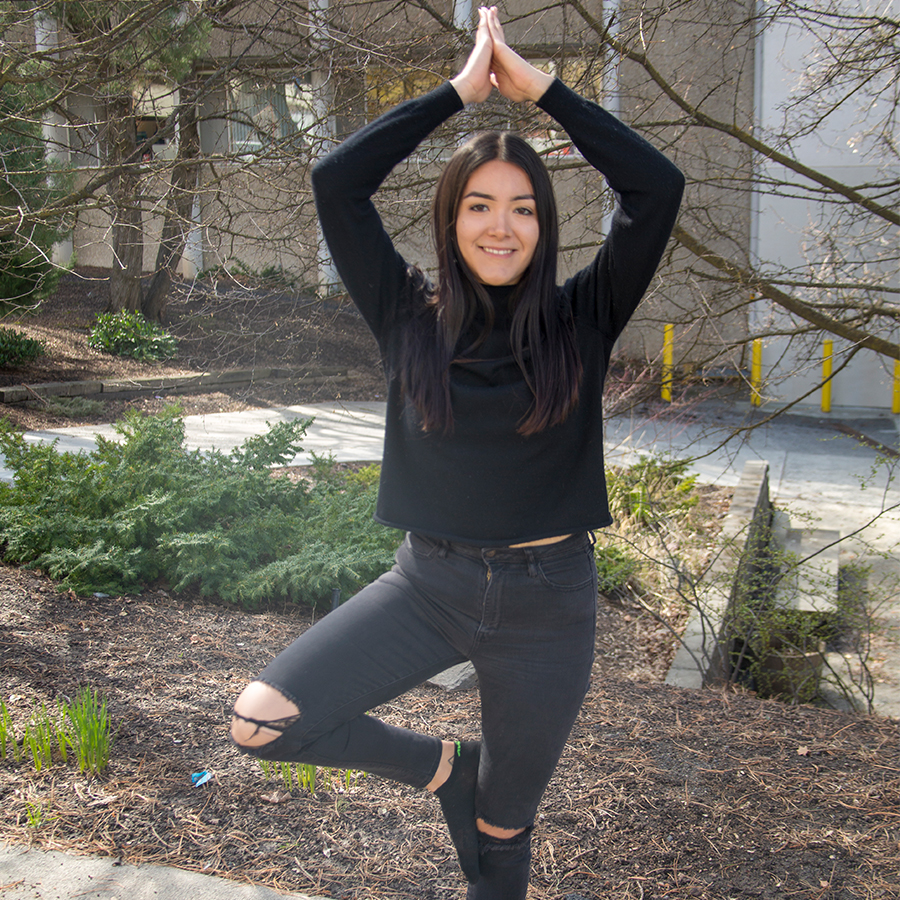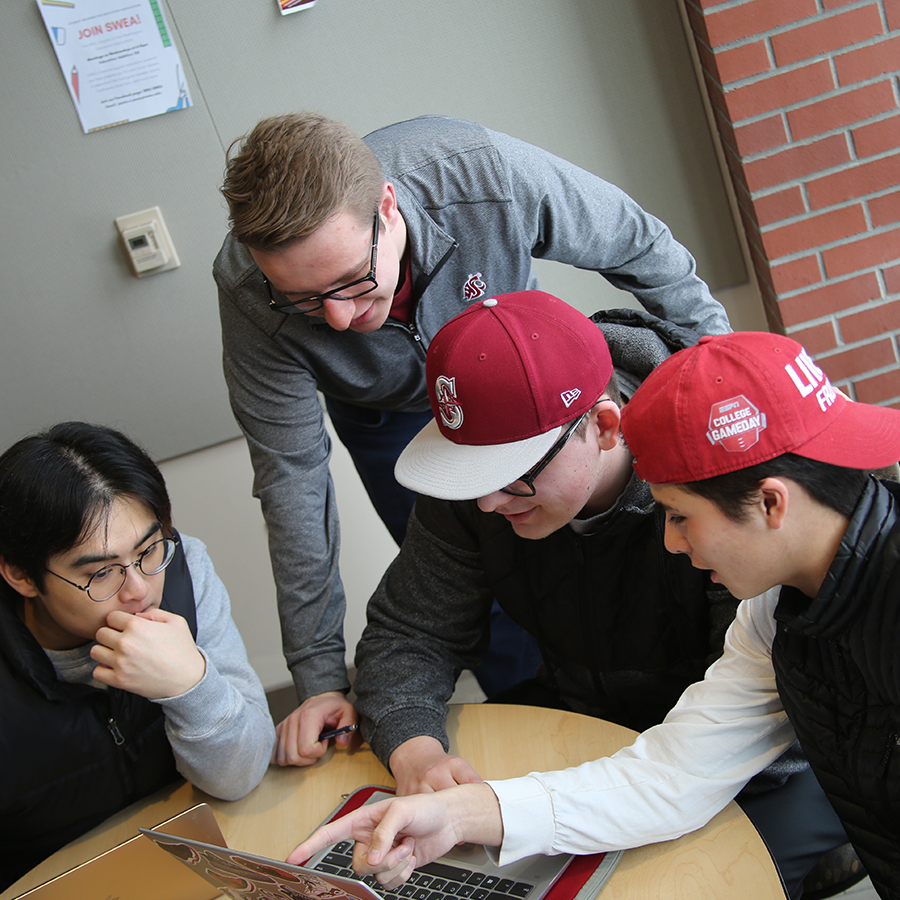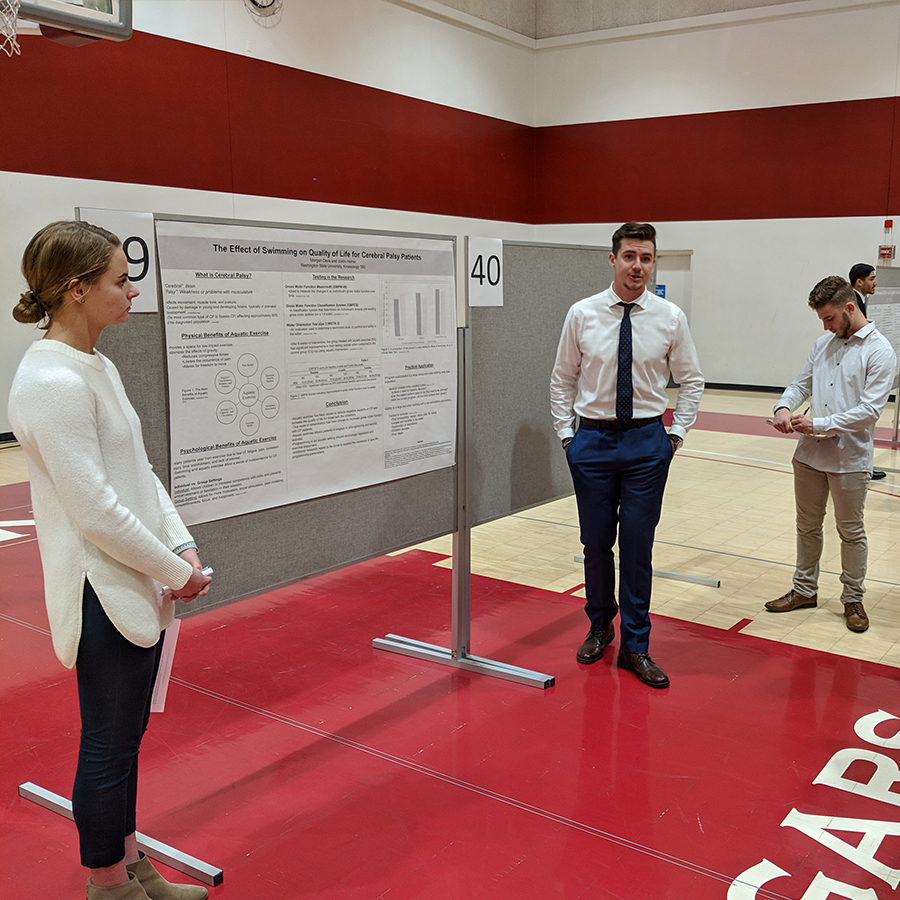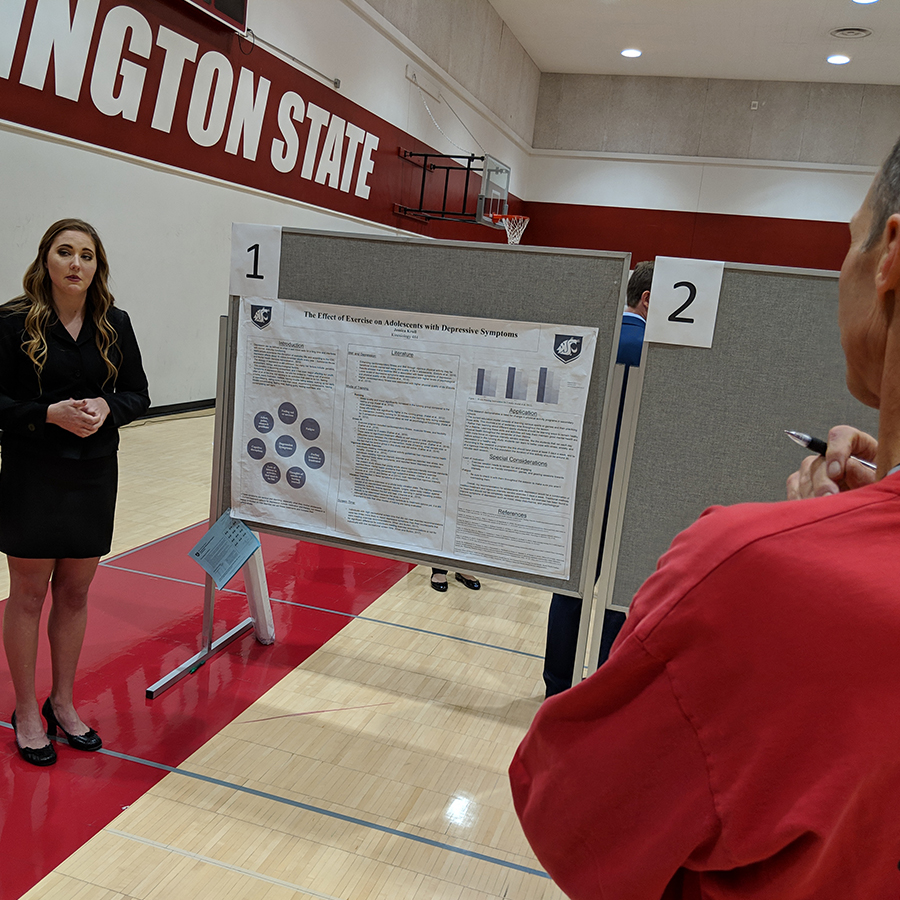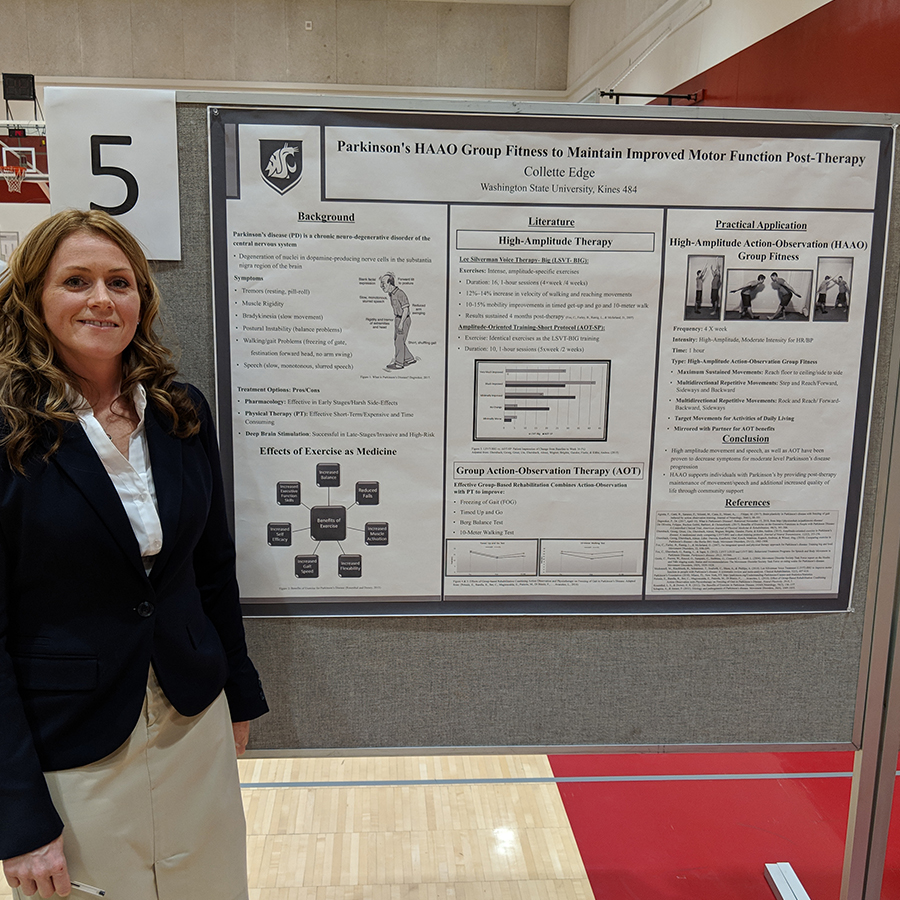When an individual has been an educator for almost 50 years, has been a superintendent in six different school districts over three different states, you just listen.
It’s the season premiere of Education Eclipse’s FIFTH season, and we were able to sit down with Herb Berg. What a delight it was to get to know him, talk about his career path, and have him impart some of the wisdom he learned. Yes, he dined with presidents, no joke. But, perhaps even more importantly, he talks about the educational system of today, what it means to be a leader within that system, and breaking the mold of being able to predetermine what a child’s academic achievements will be simply because of the zip code in which they live.
Plus, he so graciously credits much of his career success to Washington State University and the College of Education.
Podcast (educationeclipse): Play in new window | Download
Subscribe: RSS
